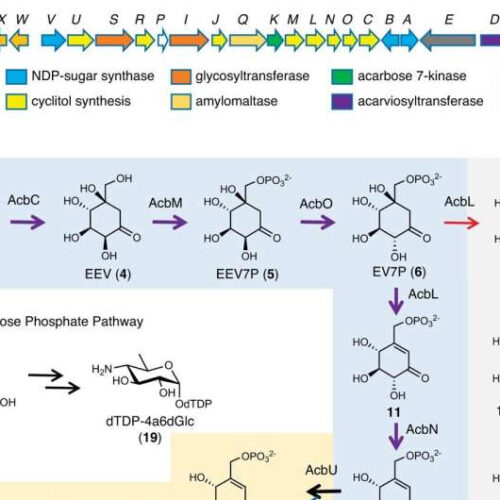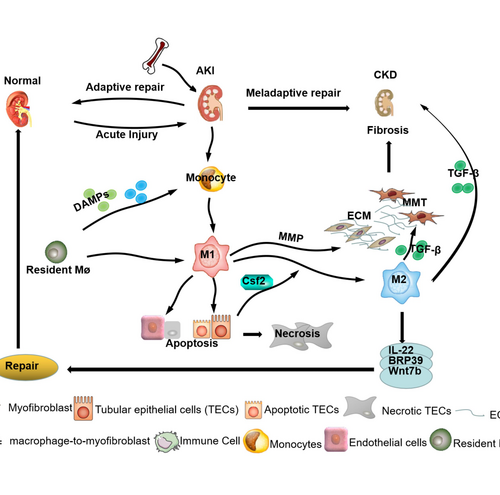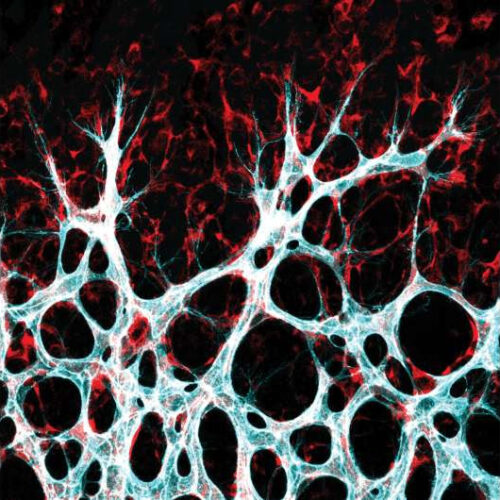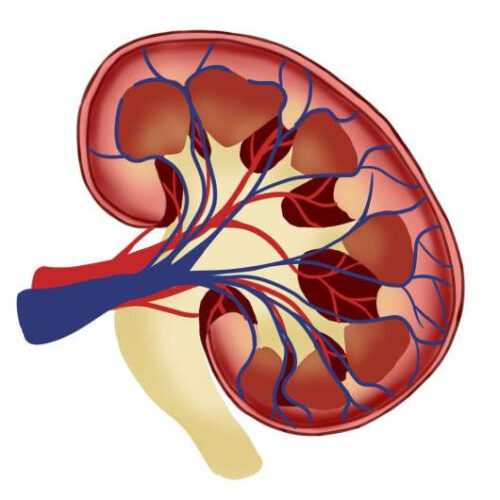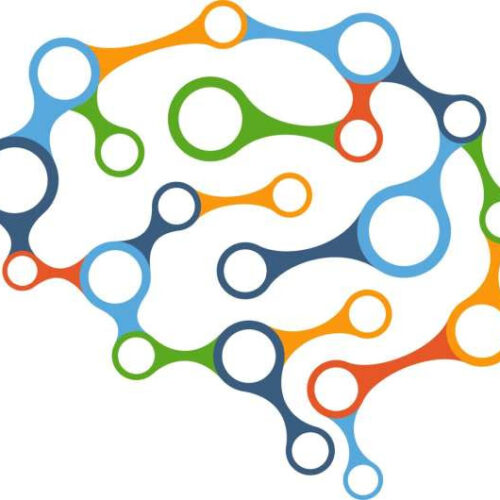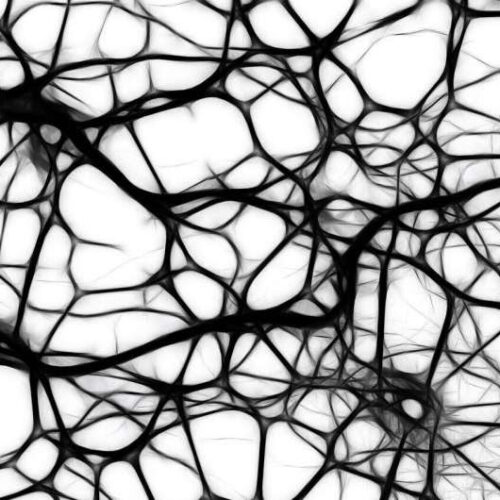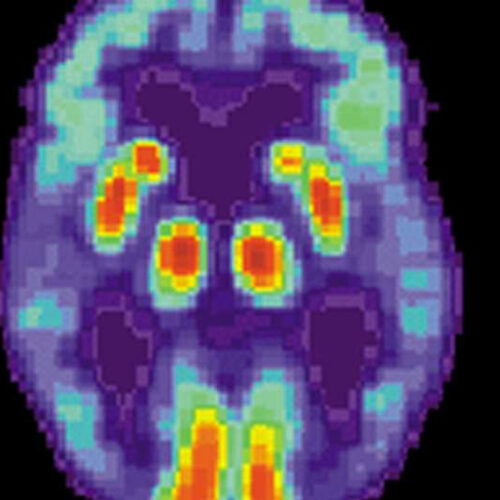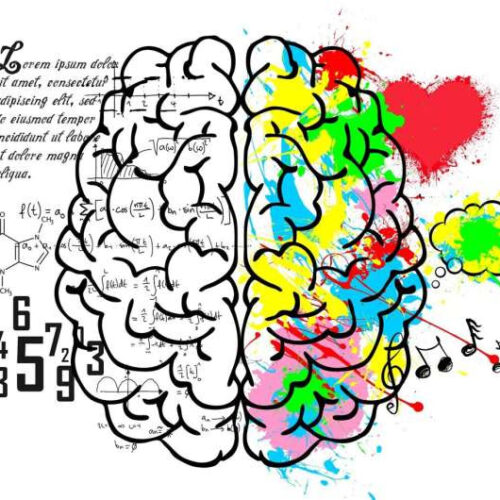TACC’s Frontera system helps reveal the most realistic simulation study of HIV capsid to date. Much remains to be discovered on how the HIV-1 virus infects our cells. Scientists know that it slips past the defenses of our immune system, entering white blood cells to deliver its genetic payload and hijack the cell’s transcription machinery that...
Research reveals how key diabetes drug is made in nature
by Steve Lundeberg, Oregon State University Acarbose biosynthesis in Actinoplanes sp. SE50/110. a Acarbose biosynthetic gene cluster from Actinoplanes sp. SE50/110; b Proposed acarbose biosynthetic pathways. The thick purple arrows (shaded in blue) indicate steps that have been characterized biochemically prior to this study. The blue and red arrows indicate previously proposed pathways. The thick black...
Chinese Medical Journal review explores the role of macrophages in the progression of acute kidney injury to chronic kidney disease
CACTUS COMMUNICATIONS IMAGE: ROLE OF MACROPHAGES IN THE TRANSITION TO CHRONIC KIDNEY DISEASE, AND THE THERAPEUTIC STRATEGIES TO BLOCK THIS TRANSITION, ARE EXPLORED. CREDIT: CHINESE MEDICAL JOURNAL Acute kidney injury (AKI) is a condition in which kidneys are unable to filter waste from the blood effectively, leading to various health complications. Numerous studies have demonstrated...
What makes blood vessels grow?
by Max Delbrück Center for Molecular Medicine Cells of the inner vessel wall—the endothelial cells (turquoise/white)—migrate into the surrounding tissue to form new connections there. Credit: Michael Potente, MDC Blood vessels must adapt their growth to the nutrients available in their surroundings so that they can keep organs adequately supplied. A team led by Michael Potente...
Novel treatment for rare form of kidney cancer uncovered
by Brigham and Women’s Hospital Credit: Pixabay/CC0 Public Domain Chromophobe renal cell carcinoma (ChRCC) is a rare form of kidney cancer for which there are currently no proven treatments for metastatic or unresectable disease. In a study led by investigators from Brigham and Women’s Hospital, researchers report the first evidence that ChRCC can be targeted with...
Blood vessel breakthrough major step towards Alzheimer’s treatment
by University of Manchester Credit: Pixabay/CC0 Public Domain A breakthrough in our understanding of Alzheimer’s disease has revealed changes to blood vessels in the brain, potentially presenting a path for developing new drugs to help fight the disease, according to University of Manchester research published today in Proceedings of the National Academy of Sciences (PNAS). Alzheimer’s Disease is...
Gene discovery indicates motor neurone diseases caused by abnormal lipid processing in cells
by University of Exeter Credit: Pixabay/CC0 Public Domain A new genetic discovery adds weight to a theory that motor neurone degenerative diseases are caused by abnormal lipid (fat) processing pathways inside brain cells. This theory will help pave the way to new diagnostic approaches and treatments for this group of conditions. The discovery will provide answers...
New effective combination therapy for paediatric T-acute leukaemia
TAMPERE UNIVERSITY Acute lymphoblastic leukaemia (ALL) is the most common cancer affecting children. The T-ALL form of leukaemia that emerges from early T lineage cells has a poorer prognosis than B-lineage ALL. The prognosis for relapsed T-ALL is very poor and new therapies are sorely needed. A joint study by Tampere University’s Faculty of Medicine...
Single brain scan can diagnose Alzheimer’s disease
by Imperial College London PET scan of a human brain with Alzheimer’s disease. Credit: public domain The research uses machine learning technology to look at structural features within the brain, including in regions not previously associated with Alzheimer’s. The advantage of the technique is its simplicity and the fact that it can identify the disease...
New research reveals tradeoff between complex words and complex grammar in sentences
by Mike Morrison, Massachusetts General Hospital Credit: Pixabay/CC0 Public Domain How does one brain network compensate for another when parts of the brain are damaged by illness or injury? A new study of patients with primary progressive aphasia (PPA) shows that patients who have difficulty producing complex words due to brain injury will compensate for this by stringing together...

